As you explore the world of Gransys, you’ll learn that vocations are the cornerstone of gameplay in Dragon’s Dogma 2. Giving you attacks, passives, and unique mechanics, you’ll want to learn all you can about these. Let’s go over how they work and which works best for you.
What do vocations do in Dragon’s Dogma 2?
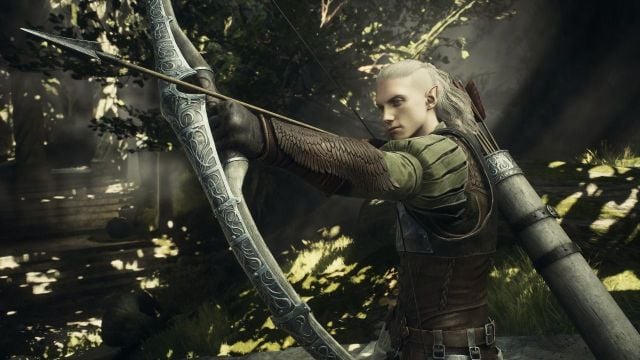
Vocations serve as the baseline for your character’s combat potential in Dragon’s Dogma 2. They lock you into specific weapon types and grant Core and Weapon Skills for the Arisen and their Pawns to use during fights. They also determine the stats inclinations of your character, with different classes having higher stats in different attributes. This appears to function largely the same in Dragon’s Dogma, so players who played the original will feel at home—though now, we get to see the stat-ups on level up.
While all characters have universal actions such as sprinting, jumping, and climbing, vocations determine how you actually fight the monster. A Mage, for example, might want to avoid climbing on a Griffon, while a Warrior must do so to access weakpoints. But the Mage can still climb on a monster if they must.
Skills function like the original game. Dragon’s Dogma 2 has a system known as Discipline Points, or Dcp, which is earned alongside Experience Points. An Arisen and their Pawns use Dcp to purchase Skills from a select menu of Core and Weapon Skills. These skills can then be mapped to your face buttons and swapped through with the Left Bumper but cost Stamina to use—even if you’re a magic user. You can also purchase Augments with Dcp—passive bonuses active while you have the vocation equipped.
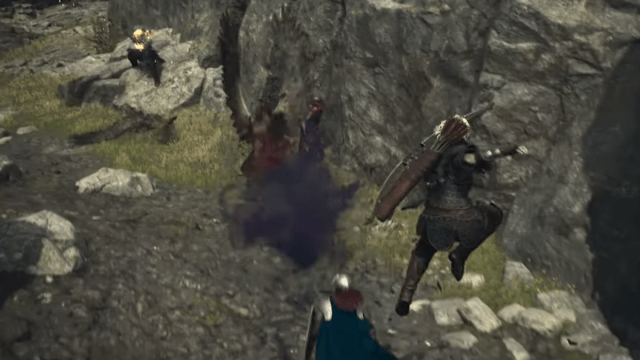
Each vocation also comes with a core mechanic unique to the vocation. For example, a Fighter in Dragon’s Dogma 2 can raise and lower their shield, while a Thief can perform a quick, high-mobility dodge to get in position or avoid a big hit. You must be a specific vocation to activate those abilities—An Archer can’t dodge like a Thief can, but Thieves don’t have the range of Archers. This button seems to be mapped to the Right Bumper by default, according to gameplay videos released before Dragon’s Dogma 2’s release.
As you use a vocation more and more, its Rank increases. This serves as a basic experience mechanic, with each vocation getting a rank separately from one another—and separately from your Arisen’s base level. Ranks are tied to what Skills and Skill Upgrades you can purchase.
From early gameplay and playtest reports, vocations will not hold a large role in non-combat situations. NPCs will react to the Arisen similarly no matter what weapon you hold. But in-fight comments and specific NPCs may reference your class in gameplay.
Can you change your vocation in Dragon’s Dogma 2?
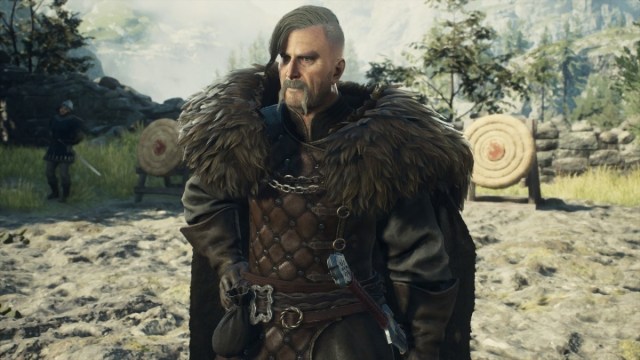
Thankfully, you can play other vocations you unlock in Dragon’s Dogma 2. By heading to a Vocation Guild, you can swap your own or your Main Pawn’s vocation to any you have unlocked. By default, this is limited to the four vocations at character creation—Fighter, Archer, Thief, or Mage. But as you explore the world and talk with Vocation Maisters, you can swap to the other six more complicated vocations—Warrior, Sorcerer, Magick Archer, Mystic Spearhand, Trickster, and Warfarer.
It’s not entirely clear where these Vocation Maisters will be. While early gameplay videos show the Guild and how Skills work, the Maisters that unlock other vocations are less obvious. They also have skills relevant to your vocation that go beyond simple Dcp unlocks, so make sure you find the one for your job—even if it’s one of the basic vocations.
What vocation should I look for and play in Dragon’s Dogma 2?
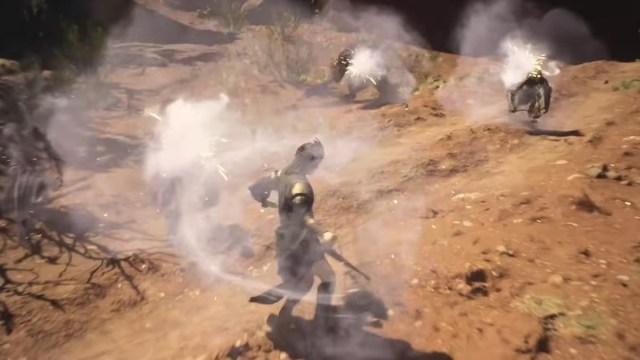
The 10 different vocations in Dragon’s Dogma 2 use many Skills to stand out, making each one unique. Here are the basic gameplay styles of each vocation in Dragon’s Dogma 2:
- Fighter: Jack-of-all-trades melee, capable of dishing out quick hits and taking them in response. The most durable vocation in the game—if you master raising your shield at the right time. Uses one-handed weapons.
- Archer: Basic long-ranged class able to consistently and brutally strike weakpoints. Perfect for Pawns or long-ranged Arisen wanting to cause flinches for their melee companions. Uses bows.
- Thief: Fast-paced melee striker. Relies on dodges to avoid attacks but deals incredible damage for players who can get to weakpoints consistently. Uses daggers.
- Mage: Long-ranged support and blaster, able to cast a variety of damaging and supportive magicks. Stands still a lot, so knowing when to channel an incantation and when to dodge is crucial. Uses staves.
- Warrior: A big meathead bruiser, able to take hits fairly well while dishing them out a lot more effectively. It is slow but effective, able to interrupt enemies with a quick tackle. Uses two-handed weapons.
- Sorcerer: A powerful, damage-focused magick user. It also uses staves but has a longer cast time and a titanic damage ceiling compared to the Mage, as well as the ability to regenerate stamina.
Sadly, Pawns only have access to six of the 10 vocations in Dragon’s Dogma 2. The Magick Archer, Mystic Spearhand, Trickster, and Warfarer are only available for the Arisen. But once you unlock the Warrior and Sorcerer, your Pawn can take over those high-damage roles.
- Magick Archer: An elemental bow user, differentiating itself from its non-magical counterpart through supportive arrows and area-of-effect abilities. Uses magick bows.
- Mystic Spearhand: A fast magical warrior who uses diving attacks and magic blasts to thrive in melee and work fine at range. Uses duospears.
- Trickster: A support-focused archetype that uses shadows, smoke clones, and buffs to make your Pawns incredible while debuffing and confusing enemies. Uses censers.
- Warfarer: A unique Arisen vocation capable of using all weapons and a mixture of Weapon Skills from across classes. But they’re stuck with lower base stats and require exquisite knowledge of all weapons in the game to function properly.
With 10 vocations, you should experiment to see which one sticks out to you. We also recommend experimenting with what vocations suit your Pawn—while they can play all six of their vocation types well, specific support and damage combinations can serve you better than others. Many players default to the Mage for their Pawn since it gives them support capabilities like healing and buffs.



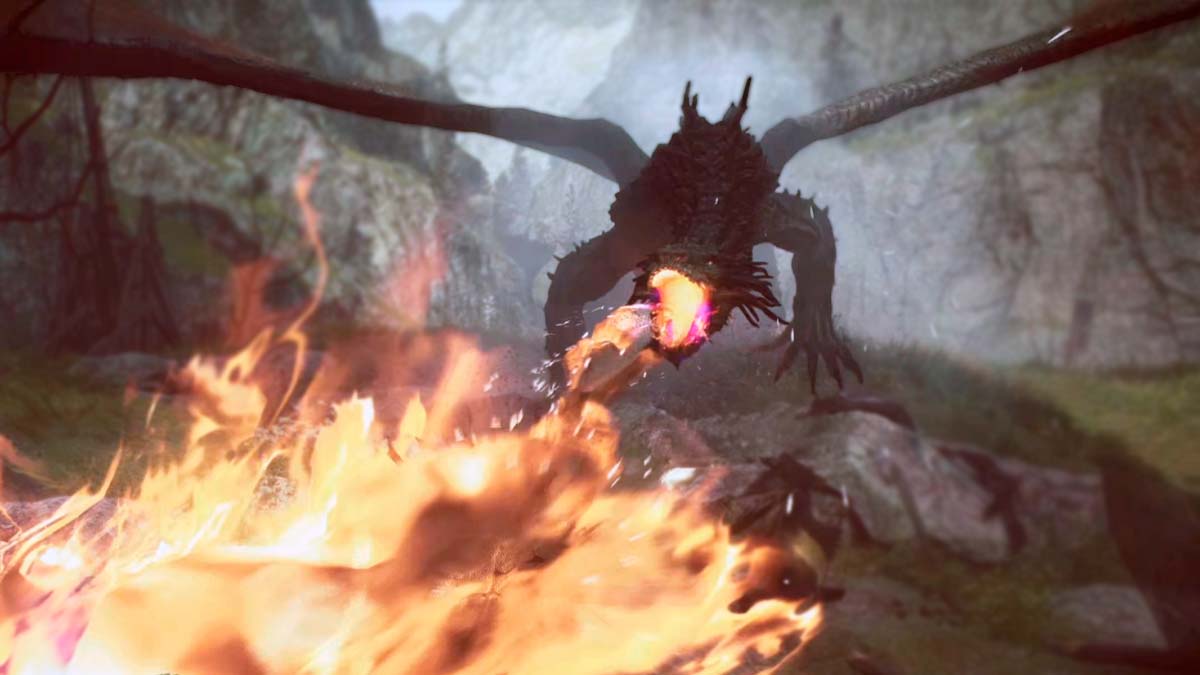
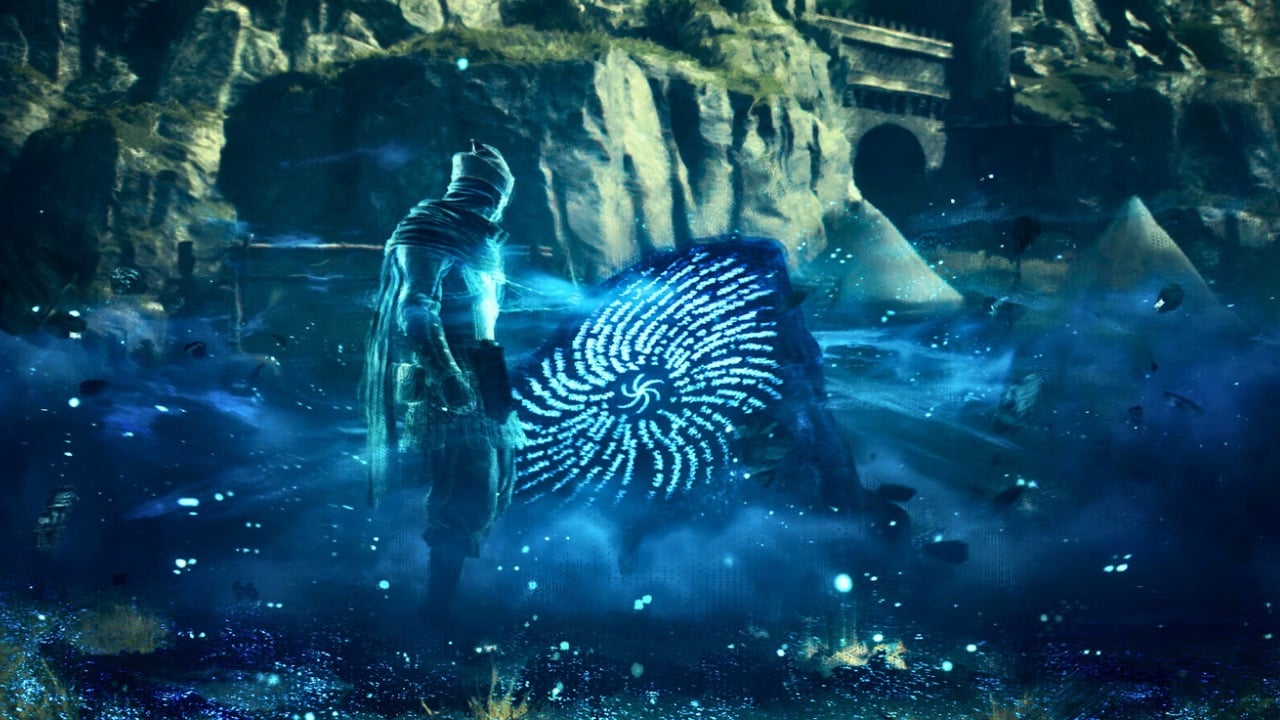
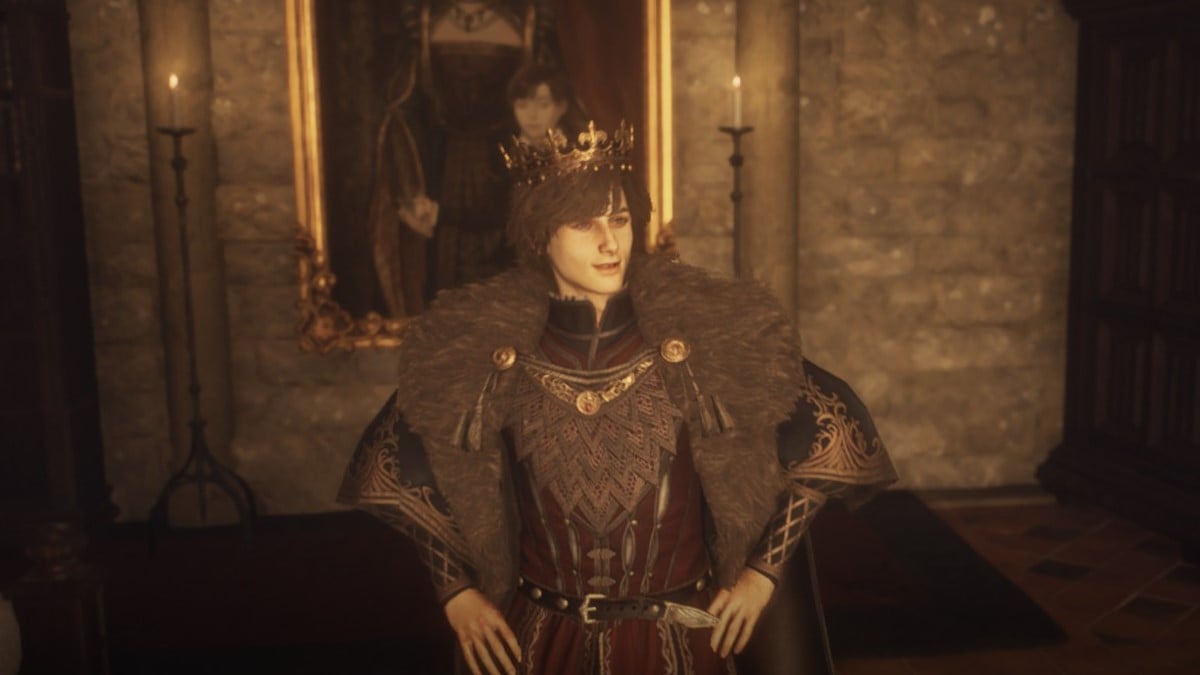
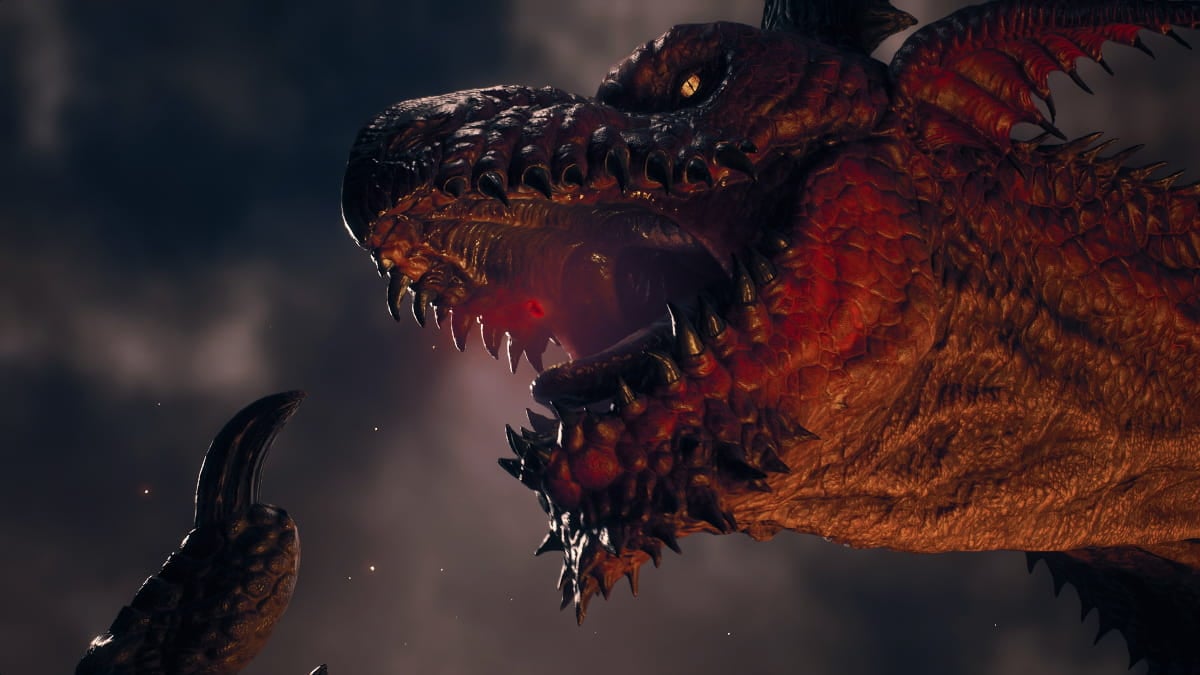
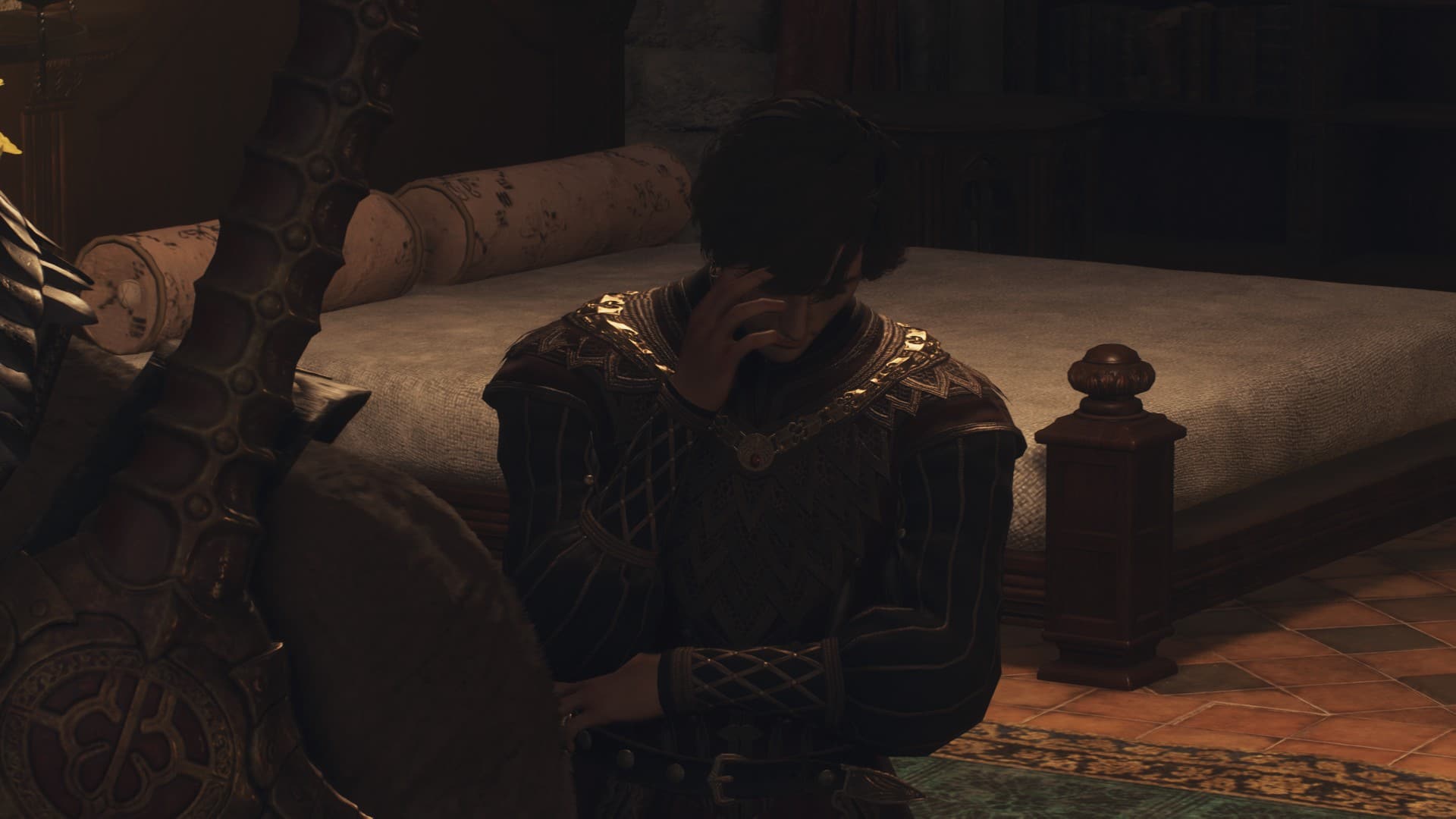
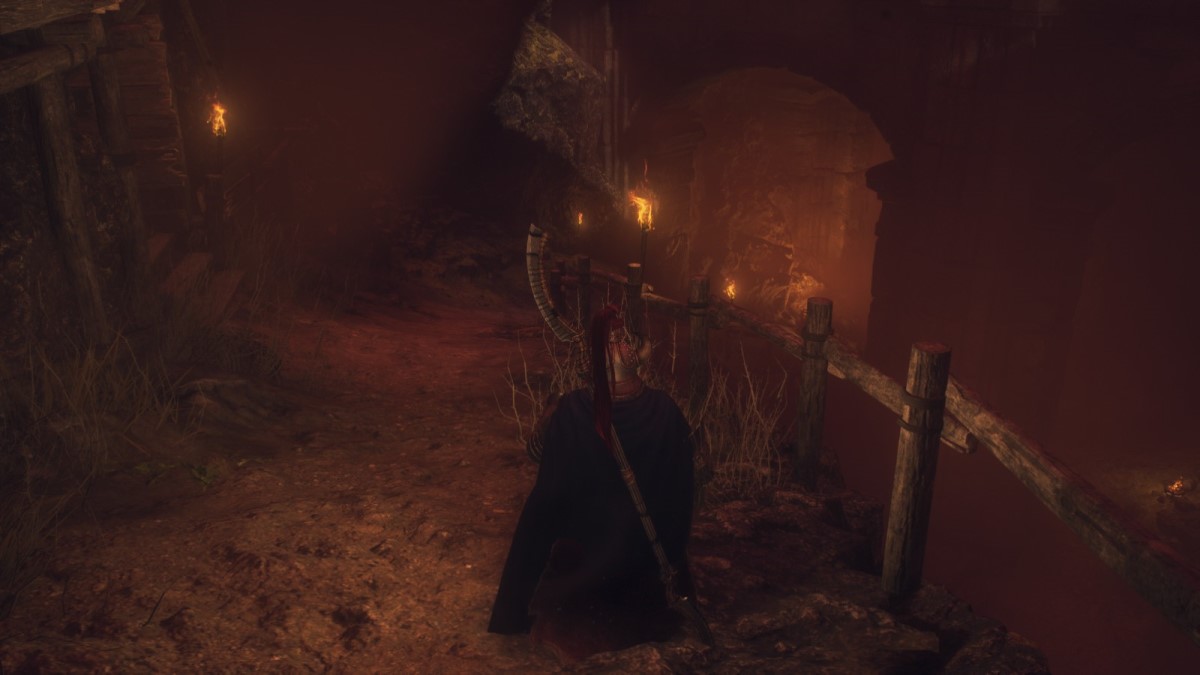


Published: Mar 11, 2024 03:54 am